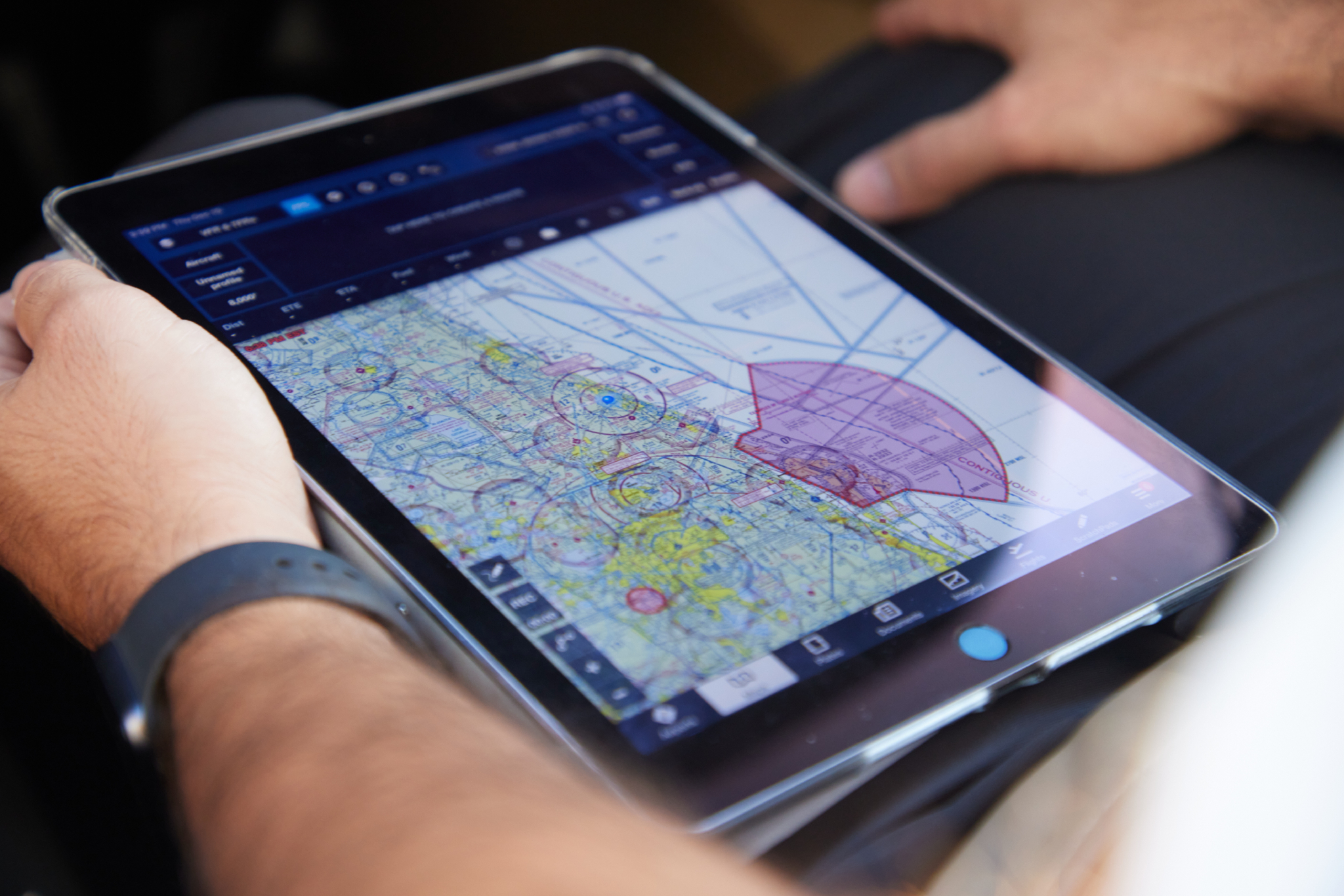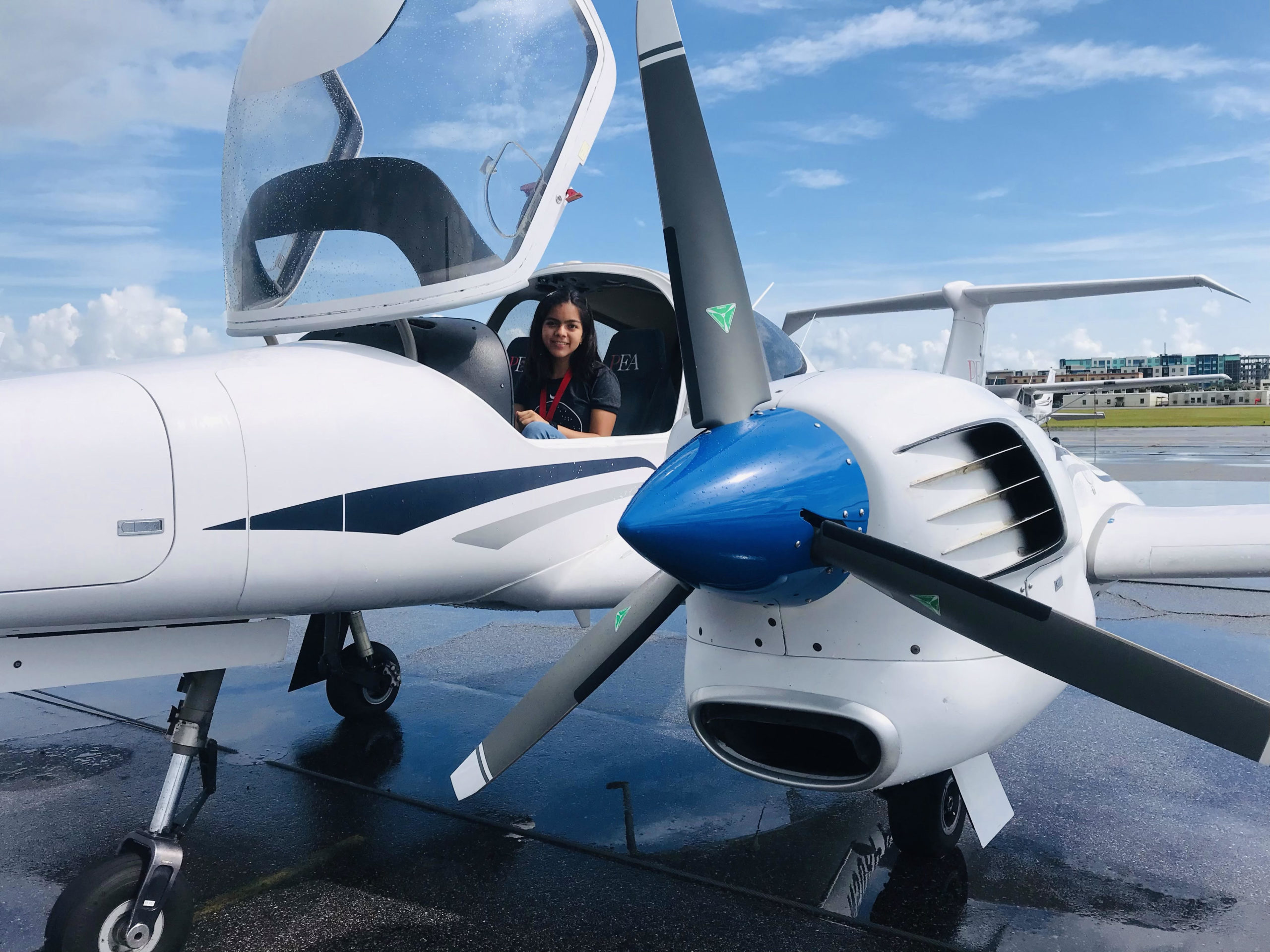A Personality Profile for Commercial Airline Pilots
Do commercial pilots have a common personality type? A 2004 report by NASA’s Langley Research Center says they do.
The study, found here was conducted with data from 93 commercial pilots and evaluated personality types as they relate to pilot performance and error management. The pilots were given the personality assessment known as the NEO-PI-R, which stands for NEO-Personality Inventory-Revised. The NEO-PI-T method examines five main personality traits, called the Five Factor Model, also known as the Big Five. According to researchers, the five factors include:
1. Neuroticism
Neuroticism refers to emotional stability and level of psychological distress. It includes six facets, according to PsychPress.com.au.: Anxiety, anger & hostility, depression, self-conscientiousness, impulsiveness and vulnerability. A “high” score in neuroticism indicates a predisposition for psychological distress.
In general, pilots in this study scored very low on the neuroticism scale, meaning they’re not anxious and are calm, even in times of stress. In addition, most pilots are confident in their ability to handle a difficult situation, which is a critical trait for pilots to have, especially during an emergency.
2. Extraversion:
The tendency to be outgoing and enjoy the company of others is known as extraversion. The facets involved with extraversion include warmth, assertiveness, gregariousness, activity, excitement-seeking and positive emotions.
For the most part, pilots are extroverts. They tend to enjoy socializing, seek excitement and exhibit more aggressive behaviors than others.
3. Openness to Experience:
“High O individuals are curious, imaginative, and willing to entertain novel ideas and unconventional values,” according to Psychpress.com.au. Openness to experience isn’t discussed in the pilot study because the data wasn’t found to be significant.
4. Agreeableness:
Agreeableness includes facets like trust, straightforwardness, altruism, modesty and tender-mindedness. A very agreeable person is trusting, helping, kind and forgiving and thinks the same of others. Low scorers in agreeableness are cynical and distrusting.
It’s this category in which pilots get their reputation for being arrogant and hard-headed. At the same time, they tend to be straightforward and honest.
5. Conscientiousness:
Being conscientious means being organized, persistent and goal-oriented. Very conscientious people are usually reliable and they work hard. And they’re always on time. The Conscientiousness category has six facets: Competence, order, dutifulness, achievement-striving, self-discipline and deliberation.
You might guess that pilots score high in this area. They’re competent, neat and organized and they work hard to achieve goals. They’re highly self-disciplined, which according to the study is a good thing for pilots working with automation. This personality type is more accurate and disciplined with managing and monitoring automation. Finally, pilots are cautious and deliberate.
The conclusion of the study, based on the results of the 93 commercial pilots, found that a personality profile could be determined for pilots. A typical pilot, according to the study, is one who is “low in anxiety, vulnerability, angry hostility, impulsiveness, and depression. This person also tends be very conscientious; being high in deliberation, achievement-striving, competence, and dutifulness. He also tends to be trusting and straightforward. Finally, he is an active individual with a high level of assertiveness.”
Which commercial pilot personality traits do you have?




